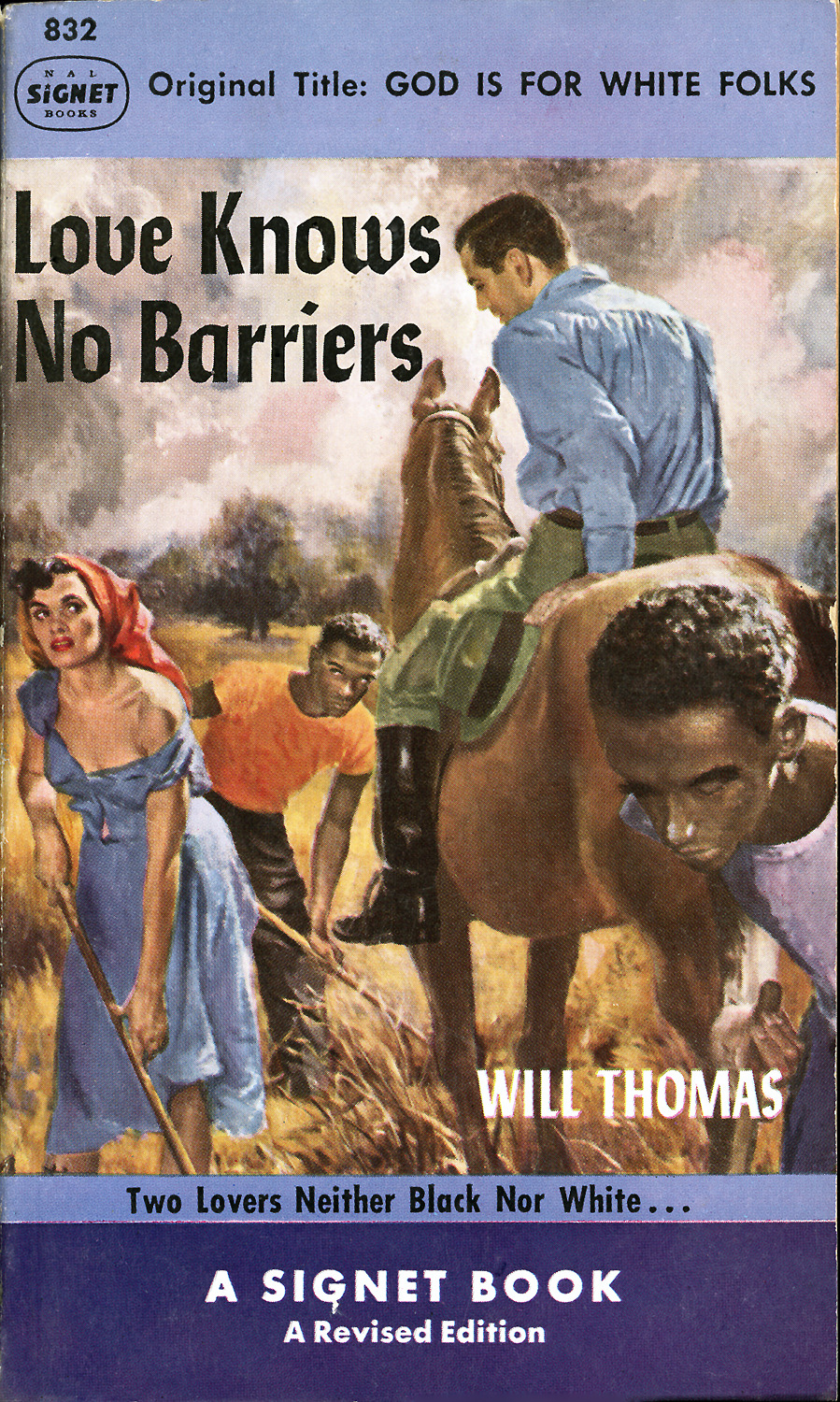The Hybrid in Hawaii as a Marginal Man
American Journal of Sociology
Volume 39, Number 4 (January 1934)
pages 459-468
William C. Smith
William Jewell College
Several factors conspire to make the hybrid in Hawaii occupy a position markedly different from that of the mixed-blood in other areas. The relative absence of race prejudice on the part of the Hawaiians has created an atmosphere which is favorable both to intermarriage and to persons of mixed blood. There are certain differences between the several groups. The Chinese-Hawaiian is, by consensus, a superior product and is accorded a high status. The Caucasian-Hawaiian is given a lower rating and consequently is more sensitive and self-conscious. There is a considerable group of multiple hybrids, the results of several crosses. These tend to form a group of their own since they cannot readily attach themselves to any of the pure-blood groups as do the dual hybrids. The mixed-bloods of all sorts are drawn together, and within this group there is little hesitancy with reference to intermarriage. This entire group mingles rather freely with the Hawaiians, but there is considerable social distance between them and the Nordics. The hybrid plays an important role in the life of Hawaii. As a participant in two or more cultures he acts as an intermediary and interpreter. The presence of a considerable number of hybrids has been responsible for the relative absence of race prejudice. The hybrids are increasing in numbers and in importance, and it is in the minds of these persons that the conflicts and fusions of culture are taking place. To understand fully the life of Hawaii, attention must be directed to this marginal group.
A study of the hybrids, or racial crosses, in the Hawaiian Islands is interesting because of the contact of so many racial and cultural groups. They constitute one of the major population groups of the Territory. According to the Census of 1930 there are 12,592 Asiatic-Hawaiians and 15,632 Caucasian-Hawaiians out of a total population of 368,336. In addition there are a number of Asiatic-Caucasians and other crosses distributed among the various ancestral groups.
The situation of the hybrids in Hawaii differs markedly from that of the Eurasian in India or the mulatto in continental United States. They are not all in the same situation, however, for there are certain differences in the treatment accorded the various crosses. In the main they are not sensitive as to their mixed ancestry. It is not at all unusual to hear someone say, “I am of mixed blood, and I am proud of it.”
Several factors determine their status in Hawaii. For several centuries the Hawaiians had lived in isolation, which precluded the cultivation of prejudices. When Europeans began to make frequent…
Read or purchase the article here.

